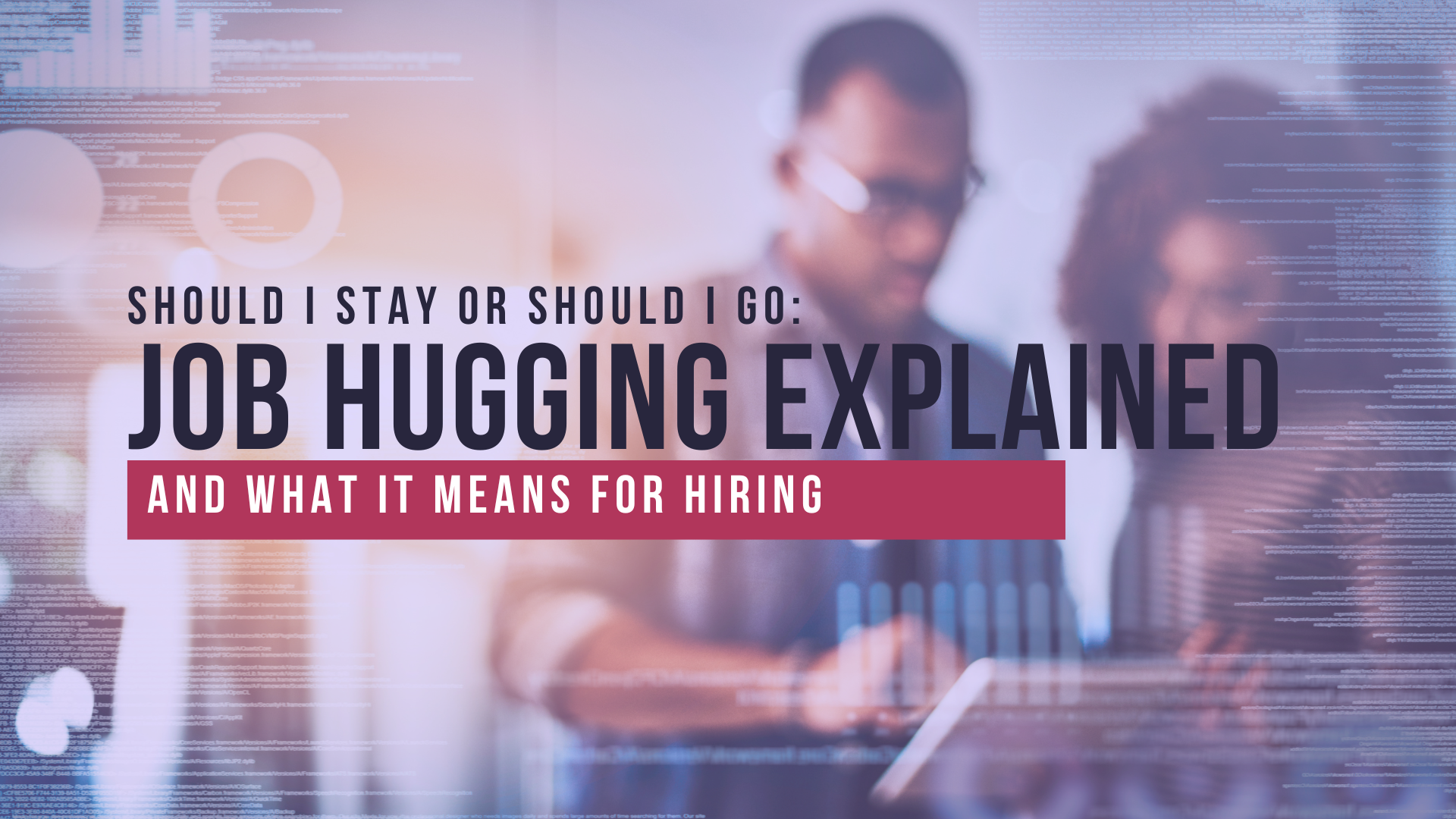performative AI use is wearing people down
One in six professionals in Australia have admitted to saying that they’ve pretended to use AI at work. Not because they’re lazy. Not because they’re resistant. But because of a constant expectation to keep up, and they’re not sure how.
Did I write this article or did I use Co-Pilot or ChatGPT?
AI writing is used everywhere across business-as-usual activities. It’s used to write job ads, take meeting notes, and complete performance reviews. In the time spent pretending to look fluent, we are losing time we could be spending learning. That results in lost opportunity cost.
People reference tools they haven’t used. They copy and paste outputs they don’t understand. They say things like “I used ChatGPT for that” when they didn’t. Curiosity is being constrained by a desire to feel safe.
Many professionals are trying to look relevant without having the time or support to build real skills. They don’t want to be seen as out of touch, but they also don’t want to be seen as replaceable. So they aim to appear capable, even if they’re still figuring it out. But learning takes time. And if we don’t value that time, we don’t make space for growth.
The Impact of AI Pretending on Team Dynamics
This isn’t just a personal issue. It shapes culture. When people stop asking questions, collaboration suffers. When they stop admitting what they don’t know, trust breaks down. When learning is replaced by posturing, progress slows.
If your team is pretending to use AI, ask yourself: what made them feel they had to? Was it the way tools were introduced? Was it the way performance was measured? Was it the silence around uncertainty?
The expectation to be instantly proficient in AI tools puts contractors in a bind. They’re often forced to mask uncertainty, fearing it’ll be seen as incompetence. But without the space to learn, stress builds and growth stalls. Pretending to know something is not the same as knowing it. The emotional toll is real.
Why AI Use Can Feel Inauthentic
There’s also a quieter discomfort that often goes unspoken. Even when people do use AI, it can feel like the work isn’t entirely their own. That sense of detachment can leave professionals feeling like frauds, unsure whether they’ve genuinely contributed or just assembled something. It’s a quiet kind of discomfort, but it speaks to a deeper concern: what does it mean to own your work when a tool is shaping it?
Supporting Contractors to Build Real Capability
Real capability takes time and the right resources.
Whizdom
offers LinkedIn Learning and career coaching to help contractors strengthen their skills and apply AI tools with confidence. Whether it’s writing prompts, reviewing outputs, or integrating tools into workflows, we support skill development that lasts.
Building AI Capability Requires Time and Support
Pretending to keep up might work for a while. But eventually, it breaks down. Capability takes time. It takes support. And it takes trust. If you are interested in working with Whizdom,
contact us.






